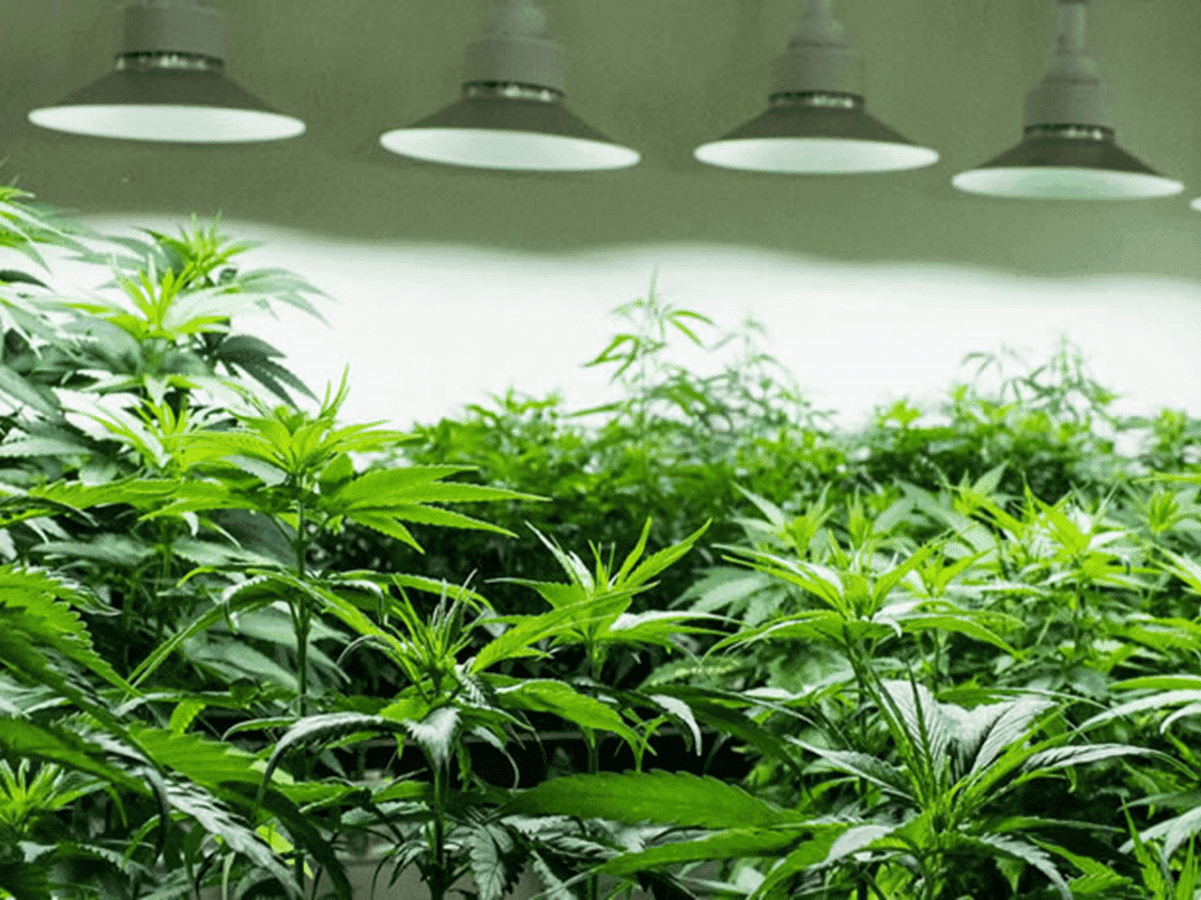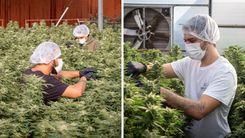The Current Scenario of Habeas Corpus for Cannabis Cultivation in Brazil
“There are about 4000 valid HCs currently,” says lawyer Emílio Figueiredo as he explores the benefits and challenges of patients' journey towards therapeutic autonomy.
Published on 12/05/2023

In Brazil, home cultivation of cannabis for medicinal purposes has seen a remarkable rise, driven by the Salvo Conduto, a legal authorization allowing patients to grow their own plants for medicine production. This movement, while promising, carries a series of nuances that shape patients' experiences and challenge the country's legal and health systems.
“I have been following the filing of Habeas Corpus for cannabis cultivation for medicinal purposes since October 2016 and, after 7 years, I believe there are already more than 4000 decisions granting the salvo-conduto," reveals Emílio Figueiredo, a lawyer specializing in cannabis actions for therapeutic use.
It is also important to remember that to better understand this socio-legal phenomenon, the Psychoactive and Culture Research Center (PsicoCult) of the Fluminense Federal University (UFF) is conducting research with patients to form a database on the Habeas Corpus granted in Brazil.
To participate, just fill out the form:
https://docs.google.com/forms/d/e/1FAIpQLSfWyQrIwskn7EHOPUTz_YqUBXLFeMEPlN0EK47sFd-l4Skp7A/viewform
With a growing number of these resources, society demonstrates the pursuit of freedom to cultivate medicinal cannabis without facing legal implications. Figueiredo also emphasizes that guaranteeing these habeas corpus not only defends individual rights but also pressures for clearer regulation, reducing the need for legal actions.
Positive Points: Therapeutic Autonomy in Focus
One of the main positive points lies in the therapeutic autonomy granted to patients. By growing their own plants, they free themselves from the dependence on acquiring medicines in pharmacies or importing them, which often implies high costs. This autonomy not only provides more accessible treatment but also empowers patients, who can customize their therapies according to their specific needs.
Negative Points: Judicializations and Social Challenges
However, the current scenario also presents considerable challenges. The lack of clear regulation contributes to an alarming increase in legal actions related to home cultivation. States, in turn, face significant litigation costs, overburdening the judicial system. Additionally, for individuals in situations of social vulnerability, the financial obstacles to producing cannabis oil are notorious. Costs with inputs, environment control, soil quality, and pests create barriers for those who could most benefit from this treatment method.
The scenario of Salvo Conduto for home cultivation of medicinal cannabis in Brazil is multifaceted, revealing achievements and challenges. As society progresses, it is crucial to balance patients' therapeutic autonomy with the need for a robust regulatory framework that promotes health and minimizes legal conflicts.








